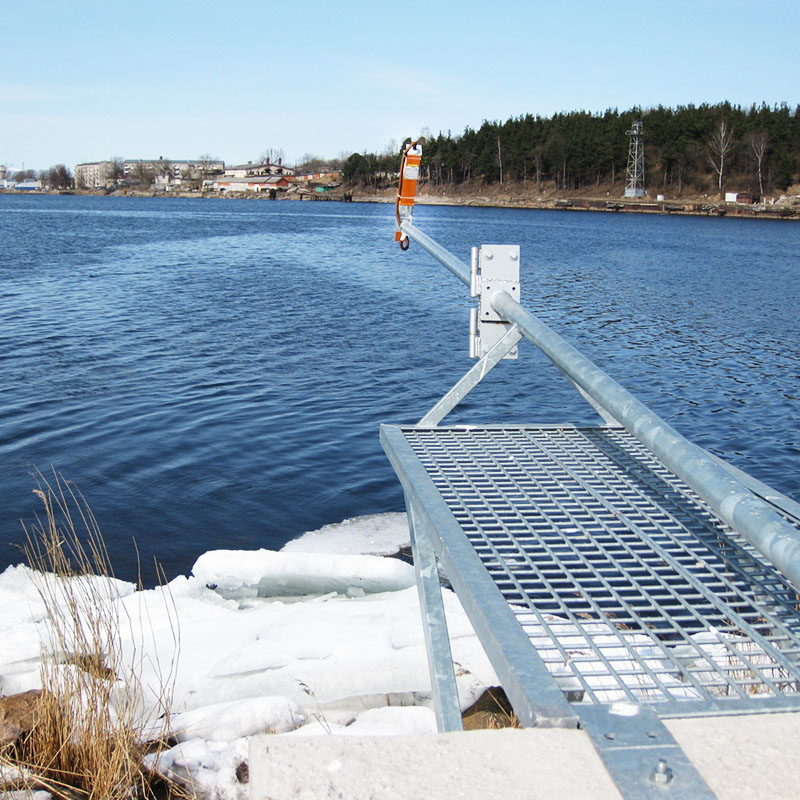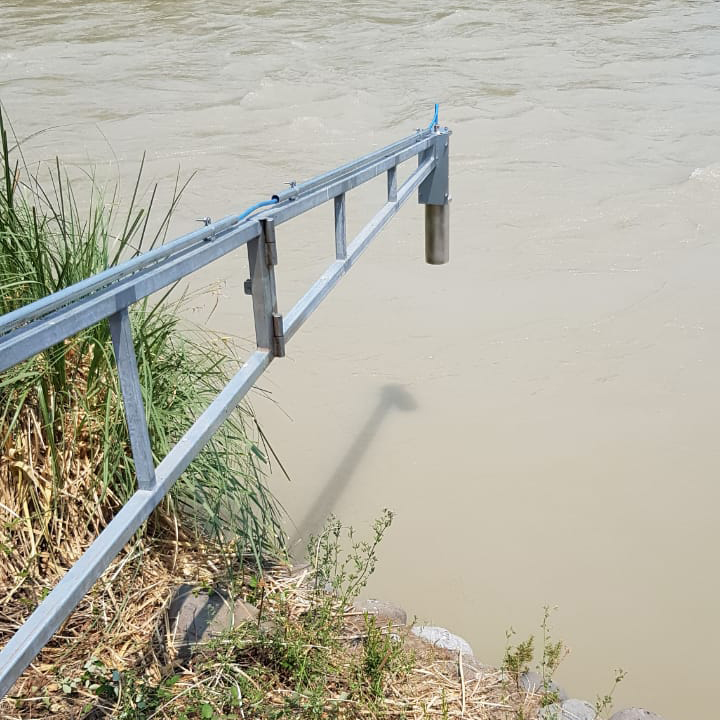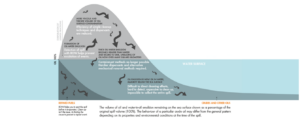The Need for Monitoring Oil Spills in Water for Environmental Impact and Climate Change

Oil spills in aquatic environments pose a significant threat to ecosystems, biodiversity, and the global fight against climate change. As industrial activity intensifies and energy demands rise, the risk of hydrocarbon pollution in marine and freshwater systems becomes more frequent and complex. Monitoring oil spills is no longer a reactive measure—it is a critical component of proactive environmental stewardship. With the right technologies in place, it becomes possible to detect oil contamination early, limit ecological damage, and align industrial activity with evolving climate and environmental goals.

Oil Spills as Accelerators of Environmental Degradation
When oil enters a body of water, it spreads rapidly across the surface, cutting off oxygen exchange and harming marine life. The toxic compounds in oil—especially heavy hydrocarbons and volatile organic compounds (VOCs)—can devastate fish populations, coral reefs, and birdlife. In many cases, these effects are long-term, altering habitats for years. Moreover, clean-up efforts are often slow and costly, and they rarely restore ecosystems to their original state.
By investing in continuous, non-contact monitoring systems, industries can detect oil presence early and mitigate spills before they escalate. This is particularly vital in sensitive ecosystems such as estuaries, polar waters, or areas close to desalination plants and protected marine zones.
Compared to competitors, LDI’s approach is more user-oriented, offering compact and easy-to-integrate devices that meet real-world oil spill detection application needs without sacrificing technical depth.
Linking Oil Spill Monitoring with Climate Action

While the connection between oil spills and climate change is not always direct, the two are deeply intertwined. Hydrocarbon pollution in water disrupts carbon sinks, such as mangroves and seagrasses, which play a key role in absorbing atmospheric CO₂. Oil spills also contribute to the release of methane and other greenhouse gases through microbial degradation processes in anaerobic environments.
Moreover, oil spills often stem from fossil fuel extraction, transport, or storage—activities central to carbon-intensive economies. Monitoring oil spills, therefore, becomes an element of climate accountability, helping industries reduce their environmental footprint and transition towards more responsible operations.
The Role of Advanced Technologies in Environmental Protection
Modern oil spill monitoring systems—like LDI’s Remote Optical Watcher (ROW)—use non-contact optical sensing to detect even small traces of oil on water in real-time. These technologies rely on oil’s natural fluorescence to identify a wide range of substances, from diesel to jet fuel, without the need for direct water sampling.
 Such solutions offer:
Such solutions offer:
- Real-time alerts to enable early response
- Compatibility with off-grid power sources, like solar setups
- Rugged, low-maintenance designs for long-term deployments
- No biofouling, ensuring accurate data without manual cleaning
By deploying sensors in ports, industrial outfalls, cooling systems, and stormwater basins, companies not only reduce risk but contribute to broader environmental monitoring networks.
Monitoring oil spills is more than environmental damage control—it is a strategic investment in climate resilience and sustainable industry. With the increasing frequency of extreme weather events, rising sea levels, and growing environmental scrutiny, companies that adopt real-time, autonomous oil detection technologies are taking a significant step toward ecological responsibility and climate-conscious operations.
Want to learn more about how our technologies can be integrated into your industry? Contact us today!
Search
Recent Posts
- Hydroelectric Safety Reinvented: Continuous Oil Monitoring for Turbine Protection
- Continuous Water Monitoring: Refineries and Oil Terminals
- Extreme Stress Test: How the LDI Sensor Survived a Ship Impact and a Month in the Frozen Sea
- LDI Demonstrates Autonomous Oil Spill Detection in Tallinn
- How ROW Supports the EU’s DIGIMARIS Marine Spill Response Project